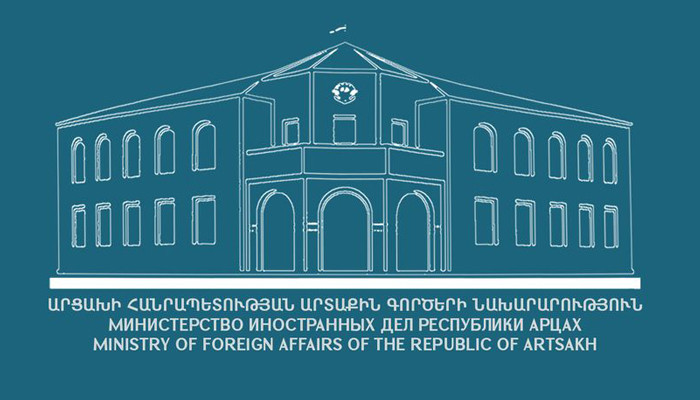Statement on the 108th anniversary of the Armenian Genocide
 On 24 April, Armenians around the world commemorate the more than 1.5 million victims of the Armenian Genocide committed in the Ottoman Empire. In 1915-1923, the Young Turks and the Kemalist Government, in several stages, carried out mass atrocities and deportation of Armenians. The Armenian Genocide was part of the Pan-Turkist policy pursued by the leaders of the Ottoman Empire, which envisaged the occupation of new territories through massacres, turkisation or forced displacement of native Christian Armenians. Source: Արցախի ԱԳՆ |

«A landmark moment for our nations’ partnership»: The White House
58809.02.2026, 19:04
Trump wants new, improved nuclear arms treaty as New START expires
89506.02.2026, 00:00
The Government of Armenia is working with WHO to organize the treatment of dozens of children from Gaza in the hospitals of Armenia
41602.02.2026, 11:39
Rubio says territorial issue over Donetsk yet to be bridged between Russia, Ukraine
83528.01.2026, 23:00
The Assembly regrets the excessive polarisation and stigmatisation of political opponents by all sides in Armenia
68626.01.2026, 21:12
Ararat Mirzoyan will be on a working visit to Strasbourg
56226.01.2026, 12:08
